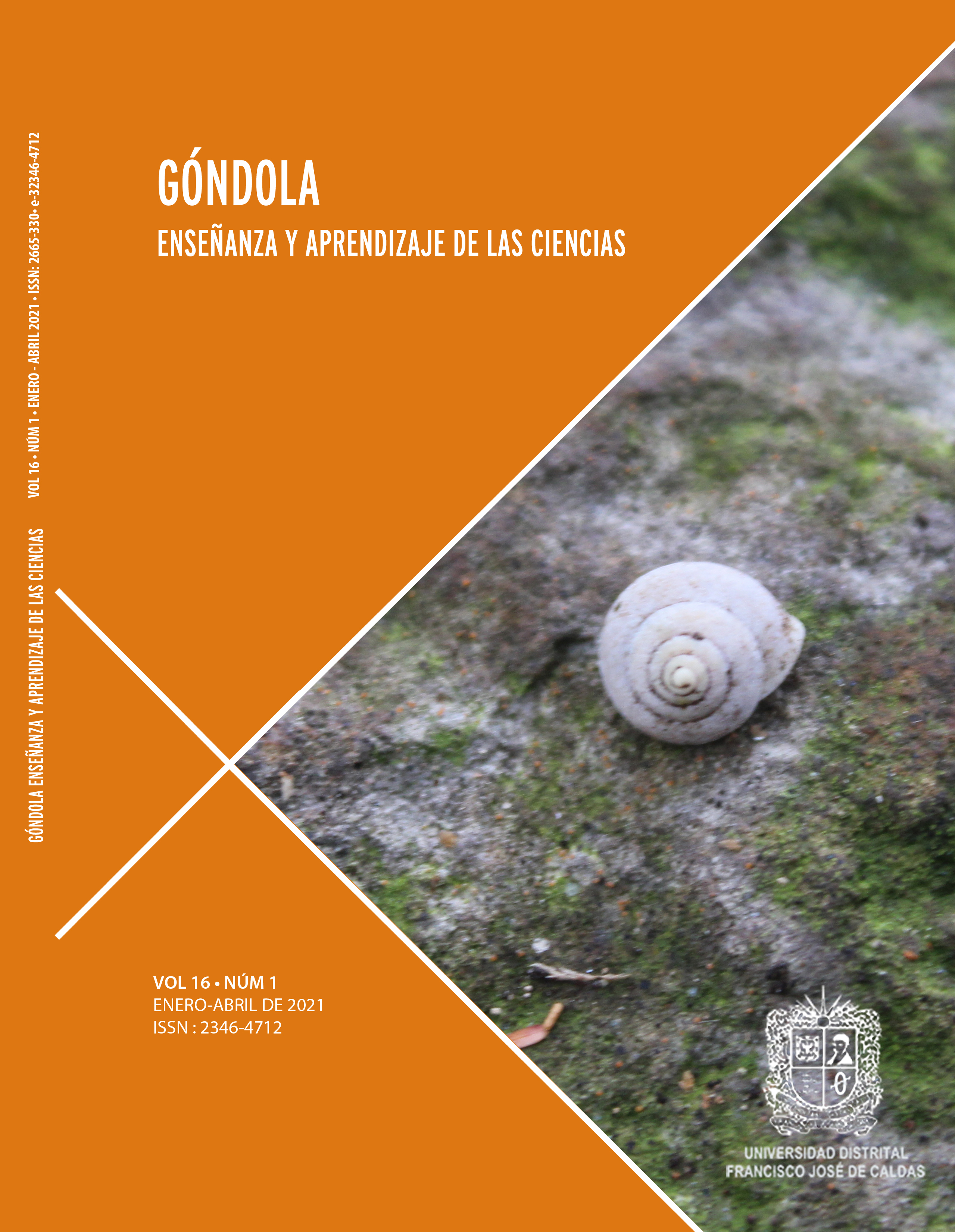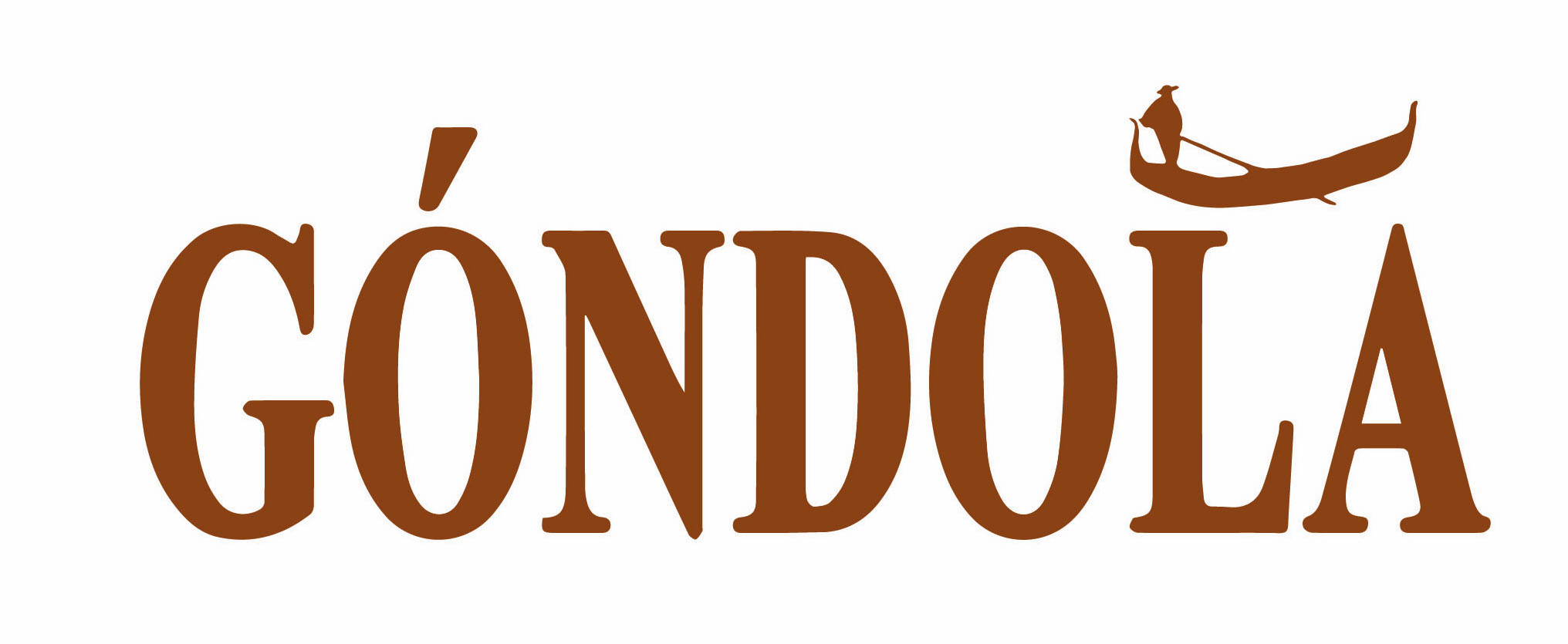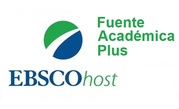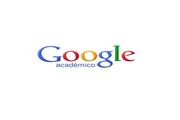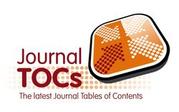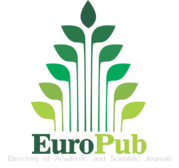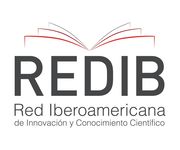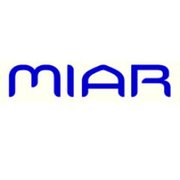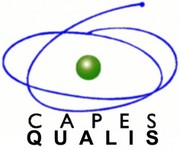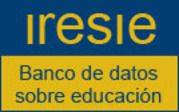DOI:
https://doi.org/10.14483/23464712.15425Published:
2021-03-16 — Updated on 2021-03-25Formação acadêmica e as compreensões de natureza da ciência e de investigação científica de alunos de cursos de licenciatura
Educating pre-service teachers from understandings about the nature of science and scientific inquiry
Formación académica a partir de las comprensiones de la naturaleza de la ciencia y de la investigación científica con alumnos de licenciatura
Keywords:
Natureza da ciência. Investigação científica. Ensino de ciências (pt).Keywords:
nature of science; scientific research, science teaching. (en).Keywords:
Naturaleza. Investigación científica. Enseñanza de ciencias. (es).Downloads
Abstract (pt)
Este estudo faz parte de uma pesquisa maior, na qual, em um primeiro momento, os estudantes dos últimos anos de diferentes cursos de graduação de uma universidade pública do Oeste do Paraná - Brasil responderam ao questionário VASI - The Views About Scientific Inquiry. De modo geral, verificamos nessa etapa que os estudantes não têm clareza dos aspectos que compreendem uma Investigação Científica. Essa investigação foi complementada por uma entrevista semiestruturada com 19 alunos de seis cursos de diferentes áreas do conhecimento, abordando tanto as questões que apareceram no questionário VASI como outras questões referentes à Formação Científica, Natureza da Ciência e Investigação Científica em diferentes cursos de licenciatura. Nesse artigo, apresentamos as respostas dos estudantes a essas entrevistas. As respostas foram sistematizadas por meio de Análise de Conteúdo. Identificamos que uma quantia significante de estudantes reconhece que teve seu primeiro contato científico na graduação. Além de que, os alunos, em geral, compreendem que a profissão cientista, condiz com o trabalho realizado pelos seus professores da graduação. Ainda, alguns estudantes apresentam ideias de que o processo científico vai além das pesquisas realizadas na área estritamente experimental. A maioria dos estudantes considera que uma pesquisa científica começa por um problema ou questão, no entanto, quando se pede para reconhecer uma situação de pesquisa não identifica a presença da questão norteando a mesma. Também identificamos dificuldades entre os alunos na distinção entre os termos experimentação e observação. Esses dados indicam que o trabalho explícito, em especial com os aspectos relativos à Investigação Científica, seria importante para a formação dos acadêmicos em diferentes áreas do conhecimento, tanto para o entendimento de seus próprios campos de pesquisa como para sua futura docência.
Abstract (en)
These results are part of a larger research, in which, at first, senior students from different undergraduate areas of a public university in the West of Paraná – Brazil responded to a VASI - The Views About Scientific Inquiry questionnaire on Scientific Research. Generally speaking, we confirm at this stage that students do not have a clear perception of the aspects that underpin Scientific Research. This research was complemented with a semi-structured interview with 19 students from six courses from various areas of knowledge, covering the questions that appeared in the VASI questionnaire as well as other questions regarding Scientific Training, Nature of Science and Scientific Research in various undergraduate courses. In this article, we show students' responses to those interviews. These responses were systematized through Content Analysis. A considerable number of students said they had their first scientific contact during the undergraduate. Besides that, students generally understand that the scientific profession fits with the work carried out by their undergraduate teachers. Still, some students believe that the scientific process goes beyond research conducted strictly in the experimental area. A large part of the students also believes that scientific research starts from a problem or question, however, when asked to recognize a research situation, they do not identify the presence of the question guiding the investigation. Besides, we distinguish a difficulty among students to contradistinguish between “experimentation” and “observation”. These data indicate that explicit work, in particular with aspects relating to Scientific Research, would be relevant for the training of academics in differentiated areas of knowledge, so much for the understanding of their respective fields of research as for your future teaching.
Abstract (es)
Estos resultados hacen parte de una investigación más extensa. En primera instancia, los estudiantes de los últimos años de diferentes áreas de pregrado de una universidad pública del Oeste do Paraná – Brasil respondieron a cuestionario VASI - The Views About Scientific Inquiry acerca de la Investigación Científica. En esa etapa corroboramos que los estudiantes no tienen una percepción clara de los aspectos que comprenden una Investigación Científica. Esta investigación fue complementada por una entrevista semiestructurada con 19 alumnos de seis programas de diversas áreas del conocimiento, abarcando los interrogantes que aparecieron en el cuestionario VASI, así también otras interrogantes con relación a la Formación Científica, Naturaleza de la Ciencia e Investigación Científica en diversos cursos de licenciatura. En ese artículo, mostramos las respuestas de los estudiantes a esas entrevistas. Dichas respuestas fueron estudiadas a través del Análisis de Contenido. Identificamos que un número considerable de estudiantes manifiesta que tuvo su primer contacto científico durante el pregrado. Además de que, los alumnos, en general, entienden que la profesión científica, coincide con el trabajo llevado a cabo por sus profesores del pregrado. Aun así, algunos manifiestan ideas de que el proceso científico va más allá de las investigaciones realizadas estrictamente en el área experimental. Una gran parte de los estudiantes cree que una investigación científica se da a raíz de un problema o interrogante, sin embargo, cuando se pide reconocer una situación de investigación, no identifica la presencia de la pregunta de investigación. Además, detectamos una dificultad entre los alumnos para diferenciar entre los términos experimentación y observación. Estos datos señalan que el trabajo explícito, en especial, con los aspectos relativos a la Investigación Científica, sería relevante para la formación académica en diversas áreas del conocimiento, tanto para el entendimiento de sus respectivos campos de investigación como para su futura enseñanza.
References
ALCCHIN, D. Teaching the nature of Science: Perpectives e resources. SHiPS Education Press. Minessota: USA, 2005.
ANTINK-MEYER, A.; BARTOS, S.; LEDERMAN, J. S.; LEDERMAN, N. G. Using Science Camps to Develop Understandings About Scientific Inquiry—Taiwanese Students – In: International Journal of Science and Mathematics Education, Springer Netherlands, v. 14, n. 1, pp. 29-53. 2014. DOI: 10.1007/s10763-014-9576-3
ANGGRAENI, N.; ADISENDJAJA, Y. H.; AMPRASTO, A. A. Profile of High School Students’ Understanding of Scientific Inquiry. International Conference on Mathematics and Science Education (ICMScE). Journal of Physics: Conf. Series, v. 895, pp. 1-5. 2017. DOI: 10.1088/1742-6596/895/1/012138
AYDEMIR, S.; UĞRAŞ, M.; CAMBAY, O.; KILIC, A. Prospective Pre-School Teachers’ Views on the Nature of Science and Scientific Inquiry. Üniversitepark Bülten, Copyright, v. 6, n. 2, pp. 74-87. 2017. DOI: 10.22521/unibulletin.2017.62.6
BARDIN, L. Análise de conteúdo. Trad. Luís Antero Reto e Augusto Pinheiro. Martins Fontes. São Paulo: Brasil, 1977.
BAYKARA, H.; YAKAR, Z.; LIU, S. Preservice science teachers’ views about scientific inquiry. European Journal of Education Studies, v. 4, n. 10, pp. 128-143. 2018. DOI: 10.5281/zenodo.1311801
BELL, R. L.; BLAIR, L. M., CRAWFORD, B. A., LEDERMAN, N. G. Just Do It? Impact of a Science Apprenticeship Program on High School Students’ Understandings of the Nature of Science and Scientific Inquiry. Journal of Research in Science Teaching, v. 40, n. 5, pp. 487–509. 2003. DOI: 10.1002/tea.10086
Bloor, D. Conhecimento e imaginário social. São Paulo: Editora Unesp, 2009.
CARVALHO, A. M. P. Ensino de ciências por investigação: condições para implementação em sala de aula. 1. ed. Cengage Learning. São Paulo: Brasil, 2013.
CHALMERS, A. F. O que é ciência, afinal? Brasiliense. São Paulo: Brasil, 1993.
CRAWFORD, B. A. From Inquiry to Scientific Practices in the Science Classroom. In: LEDERMAN, N. G., & ABELL, S. K. (Ed.). Handbook of Research on Science Education, Routledge, v. 2. 2014. DOI: 10.4324/9780203097267.ch26
DROESCHER, F. D.; SILVA, E. L. O pesquisador e a produção científica. Perspectivas em Ciência da Informação [online], Belo Horizonte, v. 19, n. 1, pp. 170-189. 2014. ISSN 1981-5344. DOI: 10.1590/S1413-9936201400010 0011
FILHO, F. B.; ANDRADE, M. A. B. S. Noções de Estudantes a respeito dos Aspectos da Natureza da Ciência e de uma Investigação Científica. ALEXANDRIA: Revista de Educação em Ciência e Tecnologia, Florianópolis (Brasil), v. 12, n. 1, pp. 303-330. 2019. DOI: 10.5007/1982-5153.2012v12n1 p303
GAIGHER, E.; LEDERMAN, N.; LEDERMAN, J. Knowledge about inquiry: A study in South African high schools, International Journal of Science Education, v. 36, n. 18, pp. 3125-3147. 2014. DOI: 10.1080/09500693.2014.954156
GIL-PÉREZ, D.; MONTORO, I. F.; ALÍS, J. C.; CACHAPUZ, A.; PRAIA, J. Para uma imagem não deformada do conhecimento científico. Ciência & Educação, Bauru (Brasil), v. 7, n. 2, pp. 125-153. 2001. DOI: 10.1590/S1516-73132001000200001
GODOY, A. S. Introdução à pesquisa qualitativa e suas possibilidades. Revista de Administração de Empresas. São Paulo (Brasil), v. 35, n. 2, p. 57-63. 1995. DOI: 10.1590/S0034-75901995000200008
LEBLEBICIOGLU, G.; METIN, D.; CAPKINOGLU, E.; CETIN, P. S.; DOGAN, E.; SCHWARTZ, R. Changes in Students’ Views about Nature of Scientific Inquiry at a Science Camp. Science & Education, v. 26, pp. 889–917. 2017. DOI: https://doi.org/10.1007/ s11191-017-9941-z
LEDERMAN, J. S. Teaching scientific inquiry: Exploration, directed, guided, and opened-ended levels. In: Best Practices and Research Base. Washington: National Geographic Science, 2009.
LEDERMAN, J.; LEDERMAN, N.; BARTELS, S.; JIMENEZ, J.; AKUBO, M.; ALY, S.; ... ZHOU, Q. An international collaborative investigation of beginning seventh grade students' understandings of scientific inquiry: Establishing a baseline. Journal of Research in Science Teaching, v. 56, n. 4, pp. 486-515. 2019. DOI: 10.1002/tea.21512
LEDERMAN, N. G. Research on nature of science: Reflections on the past, anticipations of the future. Asia-Pacific Forum on Science Learning and Teaching, v. 7, n. 1, s/p. 2006.
LEDERMAN, N. G.; LEDERMAN, J. S. Nature of Scientific Knowledge and Scientific Inquiry: Building Instructional Capacity Through Professional Development. In: FRASER, B. J.; TOBIN, J. K.; MICROBBIE, C. (Ed.). Second International Handbook of Science Education, Springer International Handbooks of Education, v. 24, cap. 24, pp. 335-358. 2012. DOI: 10.1007/978-1-4020-9041-7_24
LEDERMAN, J. S.; LEDERMAN, N. G.; BARTOS, S. A.; BARTELS, S. L.; MEYER, A. A.; SCHWARTZ, R. S. Meaningful Assessment of Learners’ Understandings About Scientific Inquiry—The Views About Scientific Inquiry (VASI) Questionnaire. Journal of Research in Science Teaching, v. 51, n. 1, pp. 65-83. 2014. DOI: 10.1002/tea.21125
LEDERMAN, N. G.; LEDERMAN, J. S.; ANTINK, A. Nature of Science and Scientific Inquiry as Contexts for the Learning of Science and Achievement of Scientific Literacy. In: International Journal of Education in Mathematics, Science and Technology (IJEMST), v. 1, n. 3, pp. 138-147. 2013.
MATTHEWS, M. R. Science teaching: The role of history and philosophy of science. Routledge. New York: USA, 1994.
SANMARTÍ, N. Didáctica de las ciencias en la educación secundaria obligatoria. Sintesis Educación. Madrid: Espanha, 2002.
SEVERINO, A. J. Metodologia do trabalho científico. 23 ed. Cortez. São Paulo: Brasil, 2007.
SILVEIRA, D. T.; CÓRDOVA, F. P. A pesquisa científica. In: GERHARDT, T. E. SILVEIRA, D. T. (Org.). Métodos de pesquisa. Porto Alegre, RS: Editora da UFRGS, Cap. 2, pp. 31-42. 2009.
STANZANI, E. L; BROIETTI, F. C. D; PASSOS, M. M. As Contribuições do PIBID ao Processo de Formação Inicial de Professores de Química. Química nova na escola, v. 34, n. 4, pp. 210-219. 2012.
PADILLA, M.; PADILLA, R. Thinking in science: The science process skills. Universidade da Georgia (ERIC Document Reproduction Service). Atenas: Grécia, 1986.
PINHO, M. J. Ciência e ensino: contribuições da iniciação científica na educação superior. Avaliação, Campinas; Sorocaba (Brasil), v. 22, n. 3, pp. 658-675. 2017. DOI: 10.1590/S1414-40772017000300005
TOBALDINI, B. G.; CASTRO, L. P. V.; JUSTINA, L. A. D.; MEGLHIORATTI, F. A. Aspectos sobre a natureza da ciência apresentados por alunos e professores de licenciatura em ciências biológicas. REEC: Revista Electrónica de Enseñanza de las Ciencias, v. 10, n. 3, pp. 457-480. 2011.
VIANA, N. S. Os autores clássicos da sociologia no ensino superior. Revista Contrapontos - Eletrônica, v. 13, n. 2, pp. 140-145. 2013. DOI: 10.14210/contrapontos.v13n2.p140-145
How to Cite
APA
ACM
ACS
ABNT
Chicago
Harvard
IEEE
MLA
Turabian
Vancouver
Download Citation
License
Copyright (c) 2021 Autor y Góndola. Enseñanza y Aprendizaje de las Ciencias

This work is licensed under a Creative Commons Attribution-NonCommercial-NoDerivatives 4.0 International License.
Gondola, Ens Aprend Cienc. is an open-access publication, free of charge for authors and readers. The publication, consultation or download of the contents of the magazine does not generate any cost for the authors or the readers, since the Francisco José de Caldas District University assumes the expenses related to edition, management and publication. The peer evaluators do not receive any economic retribution for their valuable contribution. The work of all the actors mentioned above is understood as a contribution to the strengthening and growth of the research community in the field of Science Education.
As of December 1, 2018 the contents of the journal are published under the terms of the Creative Commons License Attribution-Noncommercial- ShareAlike 4.0 International (CC-BY-NC-SA 4.0), under which others may distribute, remix, retouch, and create from the work in a non-commercial way, give credit and license their new creations under the same conditions.
The copyright holders are the authors and the journal Gondola, Ens Aprend Cienc. The holders retain all rights without restrictions, respecting the terms of the license in terms of consultation, downloading and distribution of the material.
When the work or any of its elements is in the public domain according to the applicable law in force, this situation will not be affected by the license.
Likewise, we encourage authors to deposit their contributions in other institutional and thematic repositories, with the certainty that culture and knowledge is a good of all and for all.

